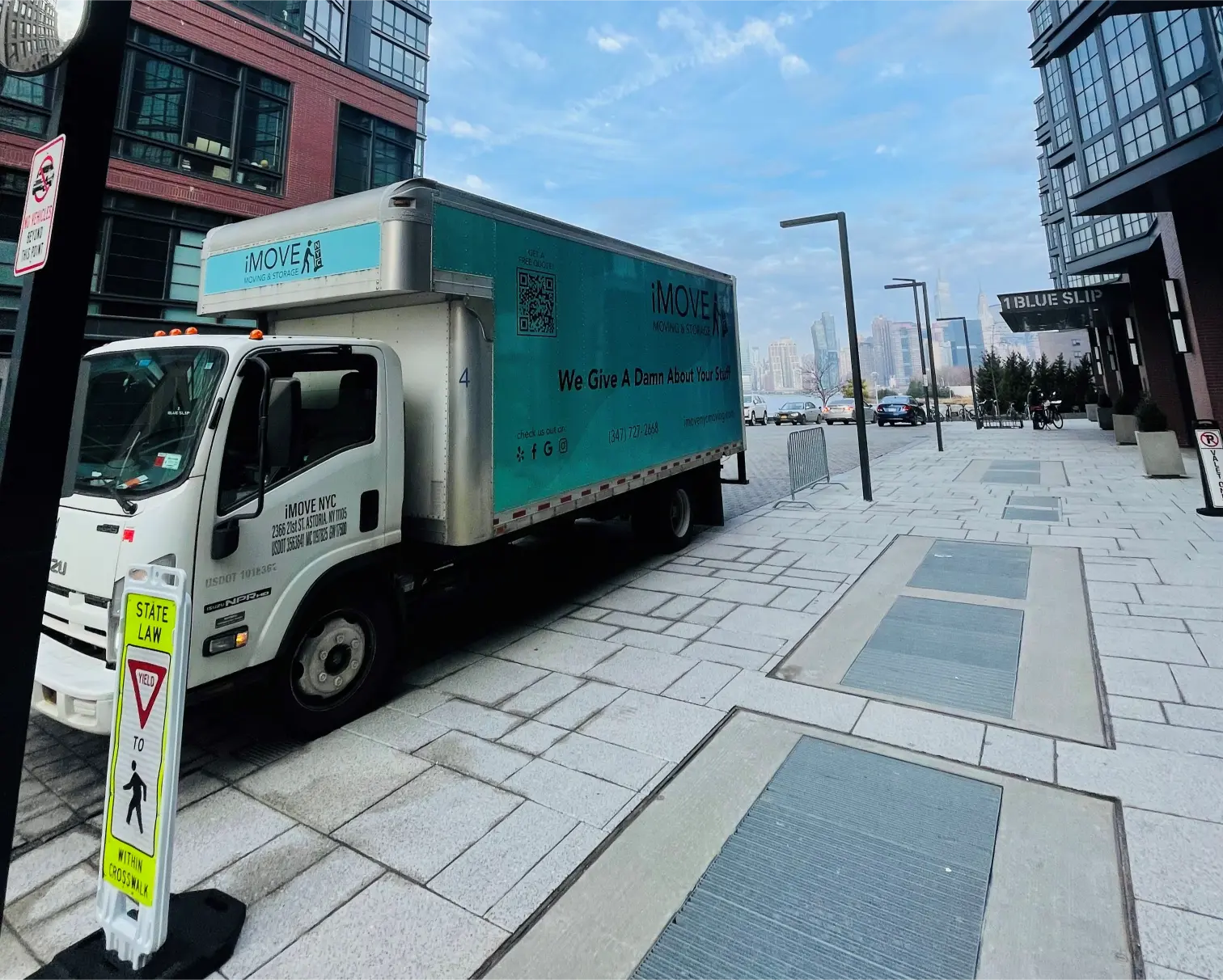First-time independence can be an amazing experience full of new liberties, chances, and adventures. The thrill of owning your property, personalizing it, and living completely alone is unmatched.
If you’re thinking of moving out on your own, you should be aware that this new stage of life entails a substantial financial commitment and amount of responsibilities. Even while the idea of living alone could be exciting, you should exercise caution.
Rent, electricity, groceries, and other costs may mount up rapidly, making it simple to get into financial difficulties without adequate budgeting. Other unforeseen expenses can occur, including moving charges, security deposits, and medical problems.
How Much Does Moving Out Cost?
Let’s think about the costs you’ll incur if you choose to live on your own. Although each person’s circumstances are different, these are the most typical charges you should take into account when you plan your move.
Set a Budget and Stick To It
Before moving out, you should make a budget to ensure your financial security and ability to pay for your new living expenses. One benefit is that you’ll be able to save money for the transfer and develop a healthy habit that you’ll need if you’re living on your own. Maintaining your budget after creating one is equally crucial.
After moving out, you’ll need discipline and consistency to stay within your budget. To make sure you’re not overspending, it’s crucial to periodically track your income and expenses. utilizing a spreadsheet or budgeting app, you can accomplish this manually, or automatically utilizing online banking tools.
Additionally, you should have money set away in an emergency fund for unforeseen costs like medical bills or auto repairs. Three to six months’ worth of living expenses should be set aside as a basic rule of thumb.
Putting Money Aside for Rent, Deposits, and Moving Costs
It’s crucial to set up money for the many costs you’ll face before moving out on your own. Determine how much you will need to save each month to achieve your goal to get started.
Find strategies to cut your present spending. Reducing non-essential expenditures like dining out and drinking in bars and restaurants can be one way to do this. Sometimes you may lower your monthly expenses by haggling with service providers, looking for less expensive options, or even starting a side business to get extra money.
Take into account automating savings transfers. This makes it possible for you to automatically set aside a certain sum of money each month without having to remember to do so.
Think About Sharing a Room
Although it can be tempting to live alone, having a roommate has several advantages. Rent, utilities, and groceries can all be greatly reduced by splitting living expenditures. More money could be made available as a result of savings or other costs, like going out with friends.
Additionally, a roommate can offer emotional support and companionship, which is especially helpful if you’re relocating to a new place or living alone for the first time. Additionally, they may assist with maintenance and housework, which will ease the management of your living space.
If nothing else, a roommate can help you afford to rent a bigger, more luxurious apartment than you might be able to on your own. Overall, choosing a roommate after moving out can be a wise financial and social move.
Are You Prepared To Jump?
Being independent can be a major step, so you should make sure you’re ready for the responsibilities. Make sure you’re prepared for the obstacles of living independently by taking the time to evaluate your financial status, employment possibilities, and personal aspirations. Start making plans for your transition if you’re feeling brave and prepared to leap, and then relish the anticipation of starting a new chapter in your life.
Moving out on your own is ultimately a personal decision that demands serious thought and preparation. By using the advice provided in this article, you can make an educated choice and position yourself for a fruitful and rewarding experience.




